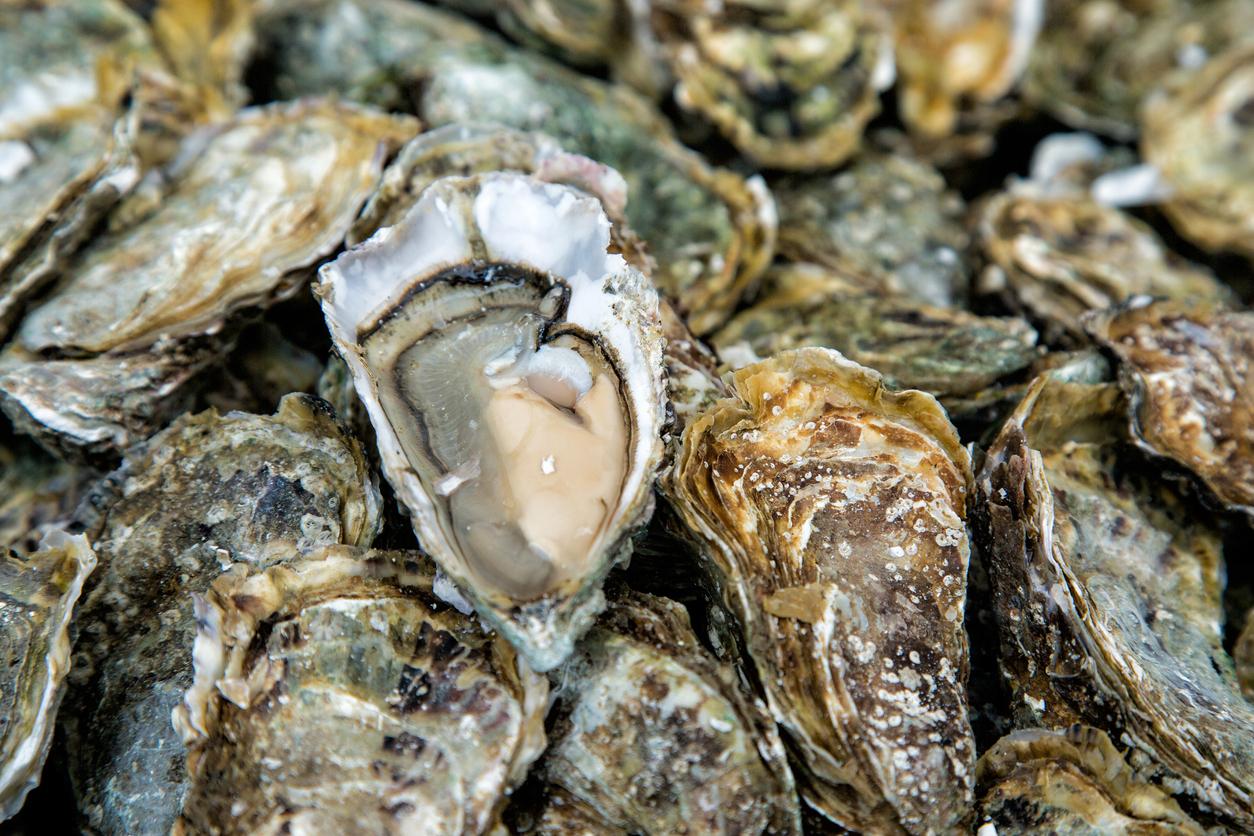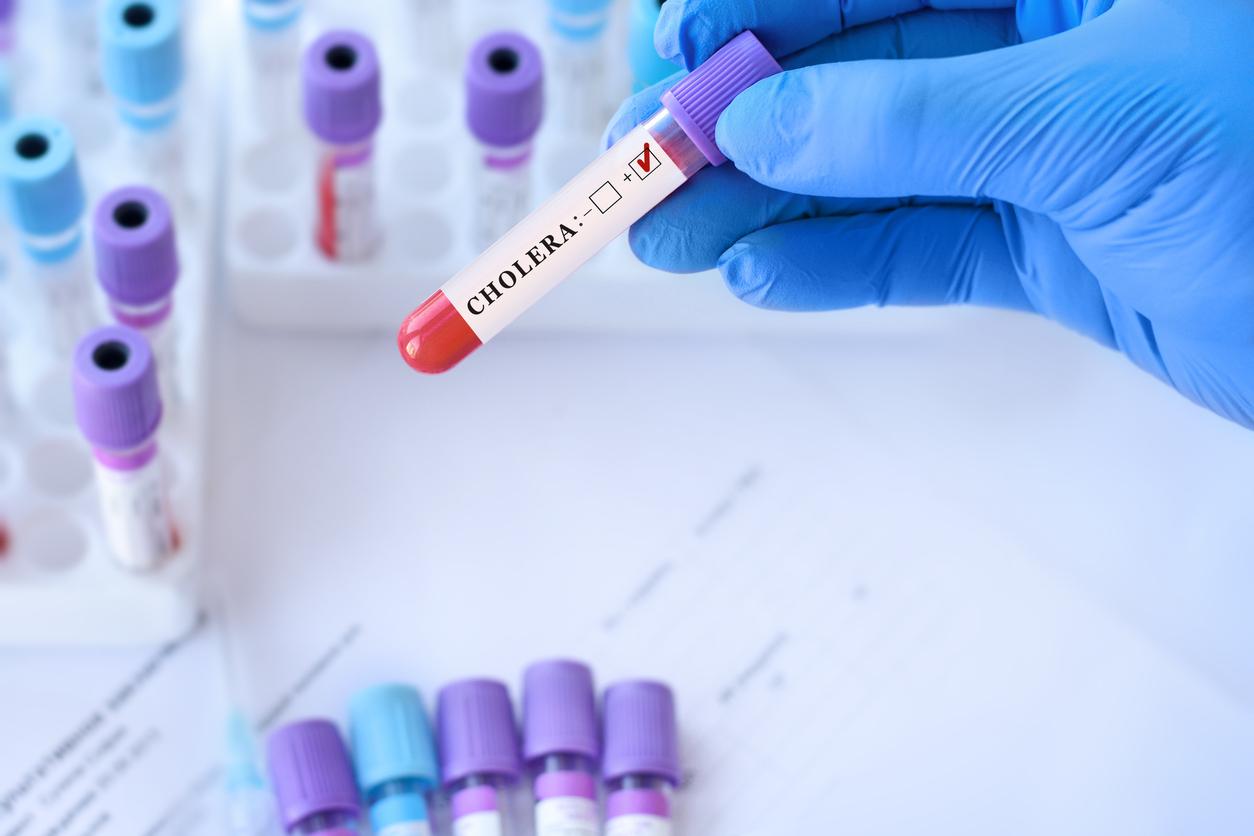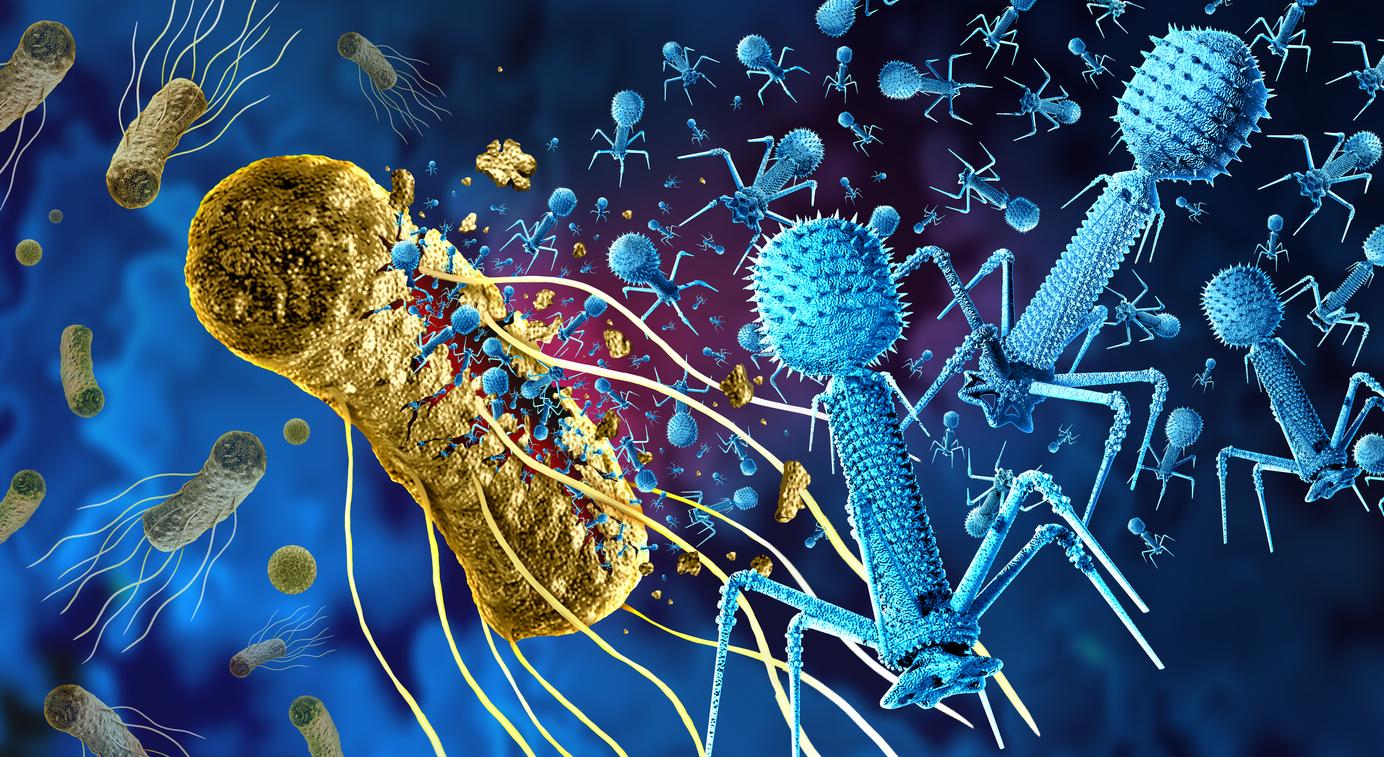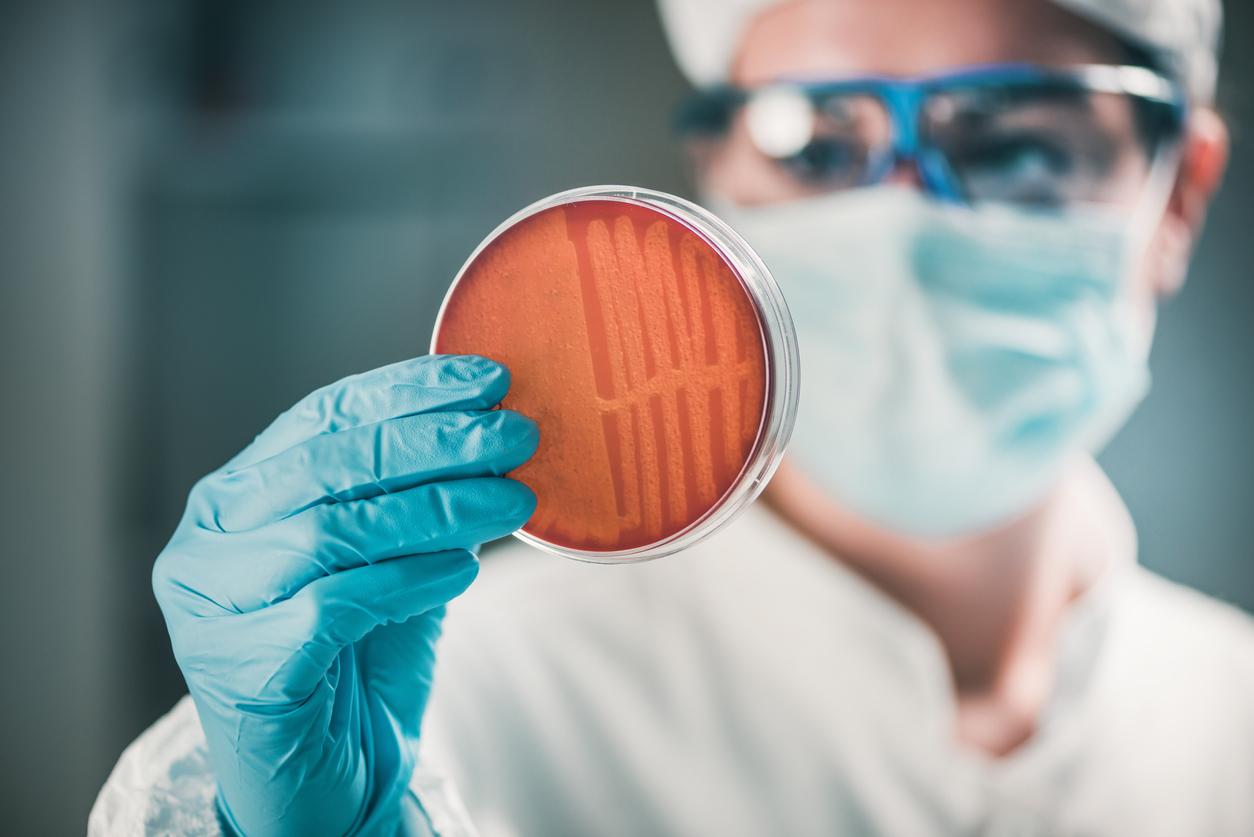No bacteria had developed resistance to colistin. For the first time, such a strain has been spotted in an American with a urinary tract infection.

A superbug challenges antibiotics of last resort. A E. coli resistant to colistin, used when all other antibiotics have failed, has been discovered in the United States. This is the first time that such an organism has been detected on American soil. A first that we would have done well without, and which revives the specter of a world disarmed against bacteria.
An old and effective antibiotic
The causative bacteria were identified in a 49-year-old woman who suffered from a urinary tract infection. A team from the multi-resistant organisms surveillance network reports in the review Antimicrobial Agents and Chemotherapy. However, colistin is used as a last resort to fight super bacteria capable of killing half of those infected.
“It is an old antibiotic but the only one still effective against this nightmarish bacterium which belongs to the family of carbapenem-resistant Enterobacteriaceae (CRE),” said Tom Frieden, director of the Centers for Disease Control and Prevention (CDC) during of a press conference.
So far, no organism has developed resistance against it. According to the authors of the study, this discovery “announces the emergence of a bacteria truly resistant to all drugs.”

10 million deaths in 2050
The researchers are all the more worried that the resistance gene which has been demonstrated (mcr-1) may spread to other bacterial strains. For the moment, it is confined to E. coli and other Enterobacteriaceae. These strains have been detected in pigs in China – where colistin is widely used on cattle – and in the United Kingdom, but also in humans in Europe, Africa, South America, Canada and China. . For Tom Frieden, this first case announces the fact “that antibiotics will soon come to the end of the race”.
However, this is not the first time that specialists have raised the alarm on the subject. The World Health Organization (WHO) even warned that the world was in danger of moving towards “a post-antibiotic era”. In fact, resistant bacteria always kill more. According to a recent report by Jim O’Neill, an English economist, in 2050, 10 million deaths could be attributed to antimicrobial resistance. “I have treated patients for whom no medication is available,” confirms Tom Frieden. It raises a feeling of horror and helplessness. “
In his report, Jim O’Neill sees only one solution: research on new molecules. The authorities, they want to be reassuring: the strain E. coli could be treated with other antibiotics.
.















